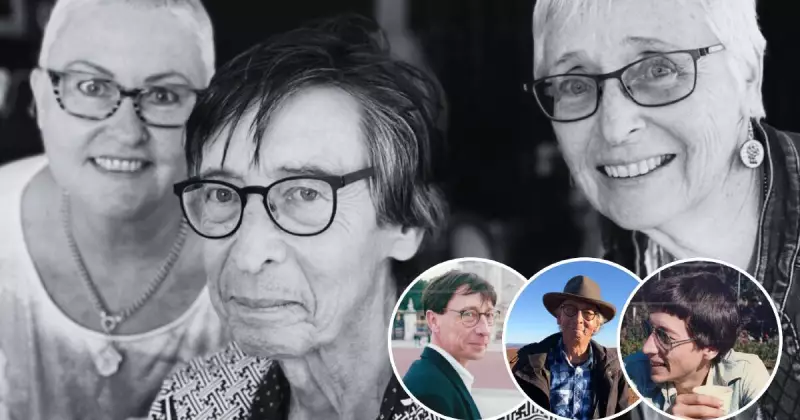
In a quiet Canberra suburb, Nigel Jenkins faced the most difficult decision of his life. Diagnosed with Motor Neurone Disease (MND), a cruel and progressive condition that steadily robbed him of his physical abilities, the 54-year-old found himself at the centre of Australia's evolving conversation about end-of-life choices.
The Diagnosis That Changed Everything
When Jenkins first received his MND diagnosis, he knew the road ahead would be challenging. "It's a bloody awful disease," he told friends, fully aware of the gradual deterioration that awaited him. As his condition progressed, simple tasks became monumental challenges, and the independent life he once knew slipped further from his grasp each day.
A Law That Offered Comfort
The passing of voluntary assisted dying legislation in the Australian Capital Territory provided Jenkins with something precious: options. After thorough assessment and meeting all legal requirements, he became one of the first Canberrans to access the legislation. For Jenkins, this wasn't about giving up—it was about taking control.
Planning the Final Goodbye
Rather than leaving his farewell to chance, Jenkins meticulously planned his final days. He organised a celebration with loved ones, shared stories and laughter, and ensured his departure would reflect the way he lived—with intention and dignity. His family, while heartbroken, respected his choice, understanding that he was sparing himself from the worst stages of his illness.
Leaving a Legacy of Courage
Jenkins' story highlights the profound impact of end-of-life choice legislation on real people facing terminal illnesses. His decision demonstrates that for some Australians, having control over their final moments provides immense psychological comfort during their most vulnerable time.
As voluntary assisted dying becomes more accessible across Australian states and territories, stories like Jenkins' help demystify the process and show the very human faces behind the policy debates.





